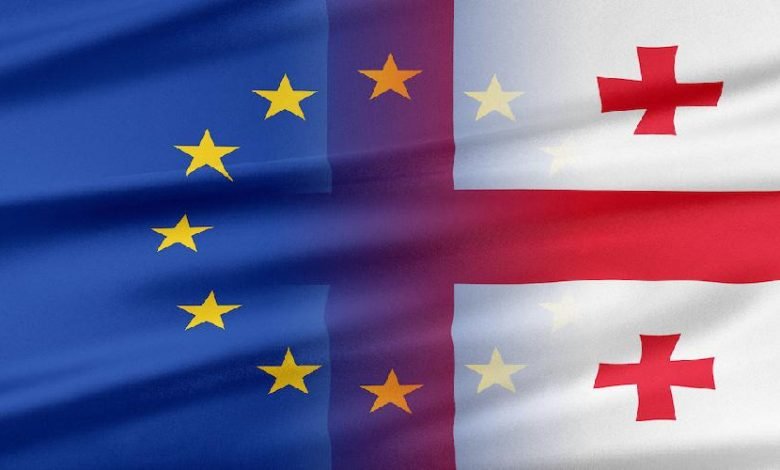
Joint Press Release After EU-Georgia Association Council Meeting
The EU-Georgia Association Council, a joint body established to supervise the implementation of the EU-Georgia Association Agreement, held its sixth meeting in Brussels on March 16, where the parties took stock of progress made since the last Association Council of March 2019. The meeting was chaired by Josep Borrell, while PM Garibashvili led the Georgian delegation. Commissioner for Neighborhood and Enlargement Olivér Várhelyi also attended the meeting.
Reiterating that the October 31 parliamentary elections “were competitive and that, overall, fundamental freedoms were respected,” the Council highlighted the importance of “addressing all recommendations related to the shortcomings identified by international observers” by conducting “ambitious and inclusive electoral reform.”
Expressing regret over “the deepening political polarization in Georgia,” the Association Council once again called on all Georgian political actors to cooperate within the EU-supported mediation and to de-escalate the political crisis, further strengthen Georgia’s democratic institutions, consolidate pluralistic democracy and advance reforms.
- “Georgia Must Deliver on Justice, Electoral Reforms,” HR Borell Tells PM Garibashvili
- EU Mediator Extends Tbilisi Visit
- GD, Opposition Talk Expectations as Danielsson Holds Meetings
- Georgia Joins European Migration Network as Observer
The EU reiterated “firm support” for the sovereignty and territorial integrity of Georgia as well as for its peaceful conflict resolution efforts. It expressed concern over “the creation of a common socio-economic space between Russia and Georgian region of Abkhazia as well as other steps further undermining Georgia’s sovereignty and territorial integrity,” and called on Moscow to fulfill its international obligations, including under the EU-mediated 12 August 2008 Ceasefire Agreement.
The Council encouraged Georgia to advance cooperation with the EU Member States “to counter irregular migration and organized crime,” while welcoming the Georgian authorities’ continued efforts in addressing relevant travel violations.
The Association Council commended the country for “progress made” in the implementation of the Human Rights Strategy and its Action Plan, as well as “the important work” of the Human Rights Department at the Ministry of Interior. Moreover, the EU urged Georgia to further effectively implement the anti-discrimination law, ensure protection for minority groups, and safeguard gender equality.
Highlighting that both sides “welcomed the progress made by Georgia in the implementation” of the Deep and Comprehensive Free Trade Agreement (DCFTA), the “EU and Georgia agreed to identify further products with export potential to the EU, for which EU can provide assistance.” The document further stressed “Georgia’s key role as a partner for European energy security,” and underscored its transit role in this regard.
The Council also stressed the importance for Georgia to continue its efforts to create an effective labor inspection system “to further improve working conditions” and address the challenges in this area.
This post is also available in: ქართული Русский